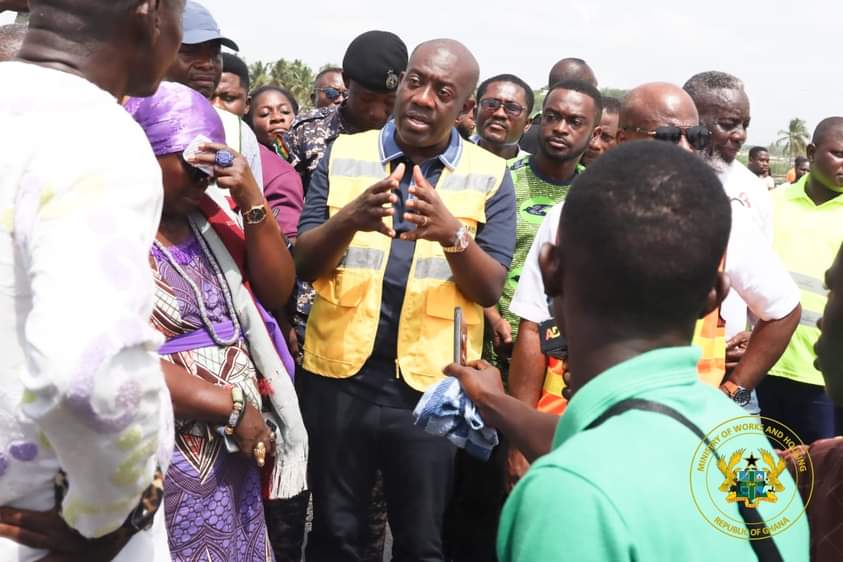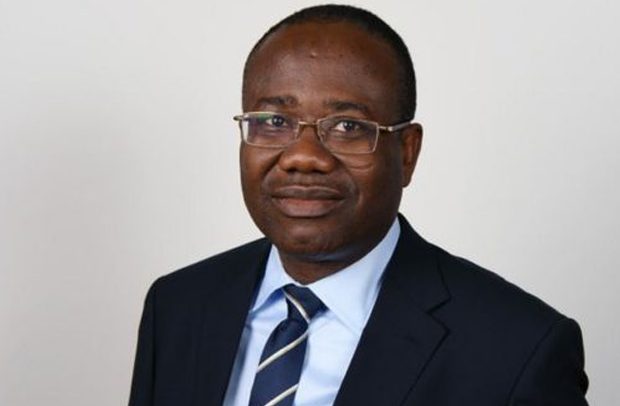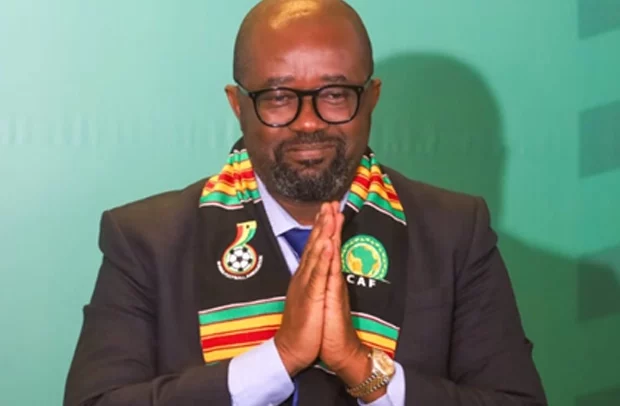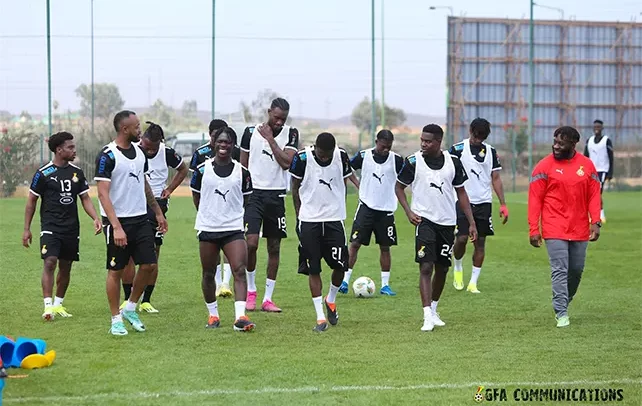
By Kizito CUDJOE
Ghana risks falling short of its climate commitments unless it sets measurable baselines and allocates funding to track its energy transition (ET) targets, co-chair of the Ghana Extractive Industries Transparency Initiative (GHEITI), Dr. Steve Manteaw, has said.
He argued that establishing a baseline is necessary to periodically assess the progress made in implementing all the targets set under the country’s ET framework.
“Then, on an annual basis through budget reviews, we can determine how much we are committing to the achievement of the target,” Dr. Manteaw said on the sidelines of a stakeholder engagement on ‘Assessment of Ghana’s ET Framework’ in Accra.
He cautioned that without a clear starting point and consistent financial commitment, it would be difficult to evaluate the real impact of the country’s ET efforts.
“If we set the framework without committing budgetary resources to its implementation and anything changes, we cannot attribute it to our interventions,” he said.
“That is why it is important, first and foremost, to get the baseline for the various targets established and ensure that the respective ministries, departments and agencies (MDAs) budget for the various tasks or responsibilities assigned to them, such that we can assess the long-term impact of these investments and determine if the results match the progress observed.”
Ghana adopted its ET framework in 2022, setting a 2070 target to reach net-zero emissions. The transition is expected to require financing of approximately US$562billion.
Under the ET framework, the country also aims to, among others, achieve universal access to electricity of 99.8 percent by 2030; lower long-term cost of electricity generation, below 4.5 cents per kilowatt hour (kWh); and minimise energy-related indoor air pollution and its related illnesses – avoiding 48,218 premature deaths due to improvement in air quality and health.
It also seeks to ensure that 30.05 million productive hours are gained due to the upscaling of the adoption of clean cooking fuels. “This would have a significant impact on women and children who are the main gatherers of firewood.”
In line with these and others enumerated by the Deputy Director for Renewable and Green Transition at the Ministry of Energy and Green Transition, Dr. Robert B. M. Sogbadji, the GHEITI co-chair reckoned that there has been some progress in refining the ET framework.
However, he also reiterated the need for coordination. “Energy transition goes beyond power generation and use. It affects transport, industrial fuel use and more. That’s why coordination is critical,” Dr. Manteaw said.
The stakeholder engagement was organised by the Natural Resource Governance Institute (NRGI).
Dr. Sogbadji, also speaking in an interview on the sidelines of the meeting, said the country is on course with the implementation of its ET framework.
“In terms of our energy access, we are more than 89 percent, our renewable energy target is more than 3.5 percent, we are building a second gas processing plant as well as concluding negotiations on our nuclear projects to make sure that the vendor starts its construction by 2027.”
Additionally, he said the country has developed a five-year rolling strategic implementation plan for the GETF. Against this backdrop, he insisted that Ghana is making meaningful progress to achieve its ET goals.
However, the Africa Director of NRGI, Nafi Chinery, while recognising the efforts made to make the ET framework more robust, flagged the lack of institutional coordination in the implementation of the ET framework.
“I worry that a lot of this work sits with the Ministry of Energy and Green Transition. We need to see in the plan how they are collaborating and coordinating with the relevant agencies, such as the Ministry of Lands and Natural Resources,” she said.
Miss Chinery wondered: “As we are looking to exploit the transition minerals, how are we going to leverage some of its revenues to support the country’s transition from fossil fuel base to green energy”.
She raised questions about the level of involvement of all the key institutions, including the National Oil Company (NOC) and Ghana National Petroleum Corporation (GNPC), adding that further work is needed to tighten the framework and ensure better coordination.
The post We must set baseline to track energy transition progress – Dr. Manteaw urges appeared first on The Business & Financial Times.
Read Full Story

















Facebook
Twitter
Pinterest
Instagram
Google+
YouTube
LinkedIn
RSS